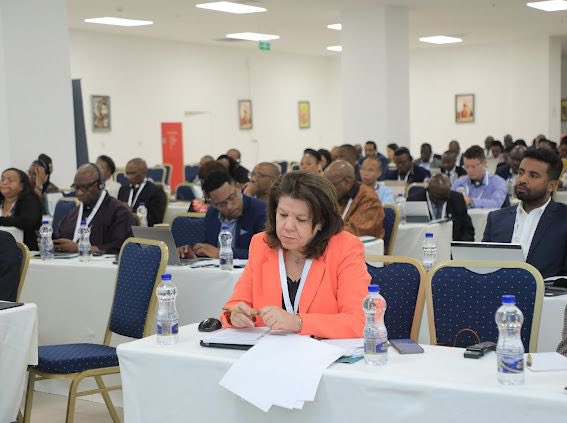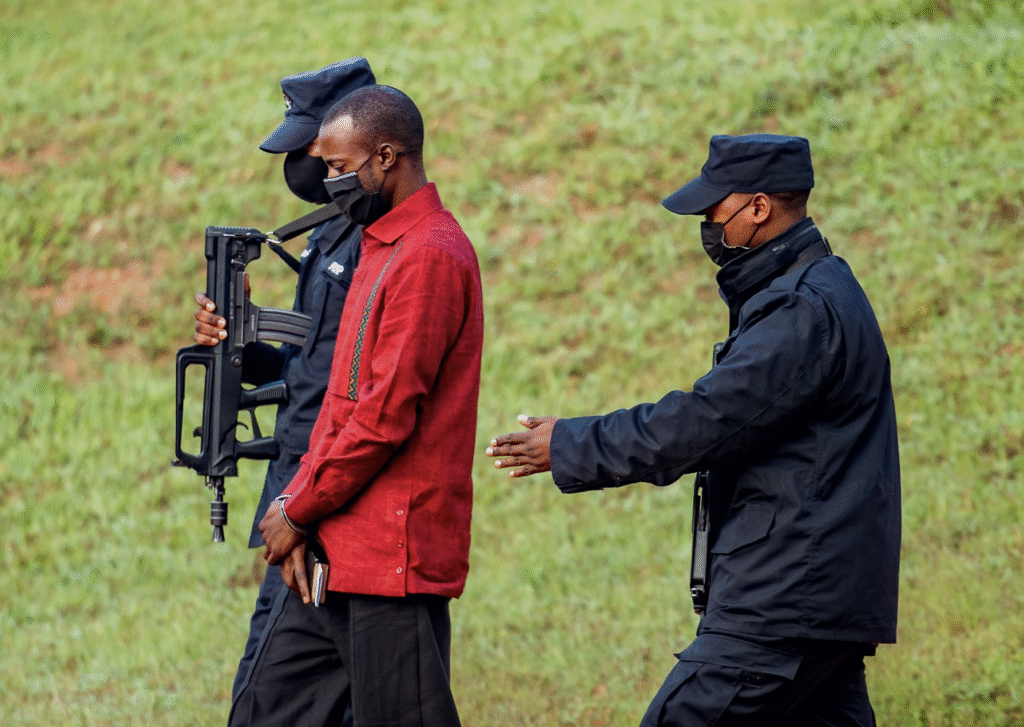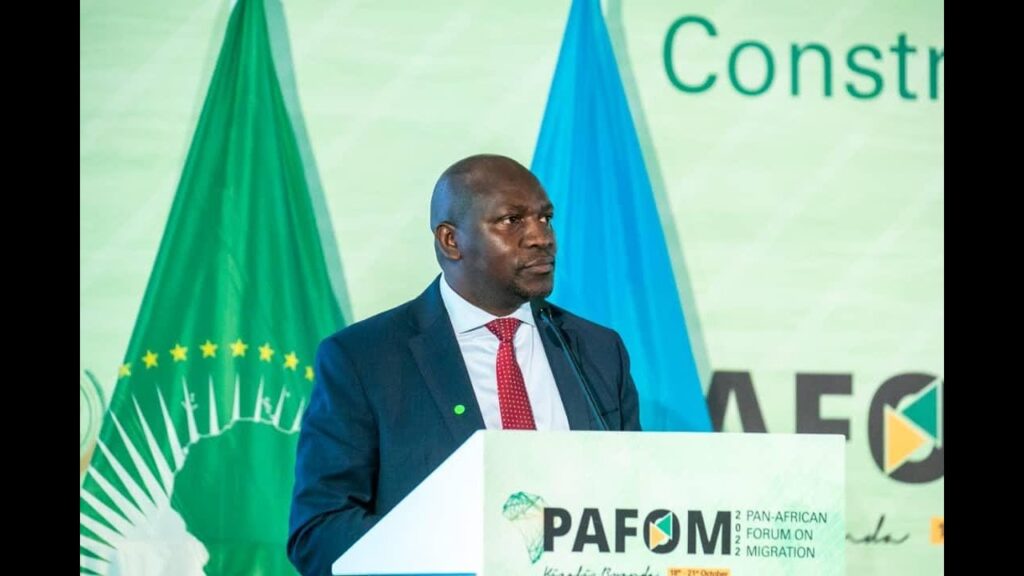African heads of State are convening in Niamey, Niger this Friday for two summits on the industrialization and economic diversification of the continent, and a session on the African Continental Free Trade Area (AfCFTA) respectively.
The leaders, who include President Paul Kagame of Rwanda, Muhammadu Buhari of Nigeria and Embalo Sissoco of Guinea-Bissau arrived in the West African nation for the much-awaited summits which are expected to culminate in important declarations to support the continent in quest for socio-economic transformation in line with its Agenda 2063.
The Chadian transition leader Mahamat Idriss Déby and the Prime Minister of Equatorial Guinea Francisco Pascual Obama Asue were also among leaders who arrived in the country Thursday, Rwanda Post has learnt.
The extraordinary session on AFCFTA is expected to adopt the phase II protocols of the continental free trade area, in addition to launching additional operational tools of the treaty namely the electronic compendium of AfCFTA e-Tariffs, rules of origin manual and AfCFTA guided trade initiative.
Also read: Made in Africa: States work to harmonise standards, rules of origin requirements
The continental free trade agreement, which so far garnered signatures from all AU member States except one and 44 ratifications, came into force on January 1, 2021 and is at advanced stage of negotiations paving the way for full operationalization.
The African Union Commission chair Moussa Faki Mahamat addressed the session of the Executive Council of the summits Wednesday where he stressed the need for countries on the continent to prioritise production of diversified manufactured goods and strengthen intra-African trade for progress made under AfCFTA to translate into socio-economic transformation.
The AU commission chief said so far the union was ironing out a number of structural challenges that still stand in the way of the optimal functioning of the continental free trade market.
“The major challenge here is to be able to strengthen trade between African countries that are more open to the outside world through agreements that have already been signed and that manage the bulk of their trade.
It is therefore a matter of developing the capacity to successfully transform our productive structures with a view to increasing the complementarity of intra-African trade,” he said, adding that it’s also necessary to ensure convergence by reducing the major gaps between member States and between the regional economic communities in terms of development and level of integration.
Progress
According to the AU head, negotiations under the first phase of AfCFTA have seen nations agree on trade in goods and services, alongside the establishment of the functional structure of the AfCFTA permanent secretariat.
Governments also committed to eliminate customs duties on 97 per cent of tariff lines and ironed issues related to dispute settlement, rules of origin and non-tariff barriers, among others.
The second phase of the negotiations covers aspects of the protocol relating to investment, competition policy, intellectual property rights, e-commerce and the participation of women and youth in trade.
Also read: Intra-Africa trade could boost resilience to crises, unlock $22bn export potential – Experts
The AU leadership is banking on full operationalization of the AfCFTA to drive the much needed industrilaisation of the continent that has borne the brunt of series of global crises including the outbreak of the covid-19 pandemic and the Russian-Ukrainian crisis.
Economists, however, say the continent has potential to withstand shocks and crises if governments invested in adding value to its vast wealth of natural and mineral resources.
United Nations Economic Commission for Africa (UNECA) points out that the continent possesses 60 per cent solar irradiation in the world, 70 per cent of cobalt global production and significant reserves of other battery minerals, world class carbon sink assets, and huge green hydrogen potential.
The agency Acting Executive Secretary Antonio Pedro said these assets can position Africa to become a powerhouse and a globally competitive investment destination for multi-sectoral investments.
~ Reporting by Johnson Kanamugire in Niamey










